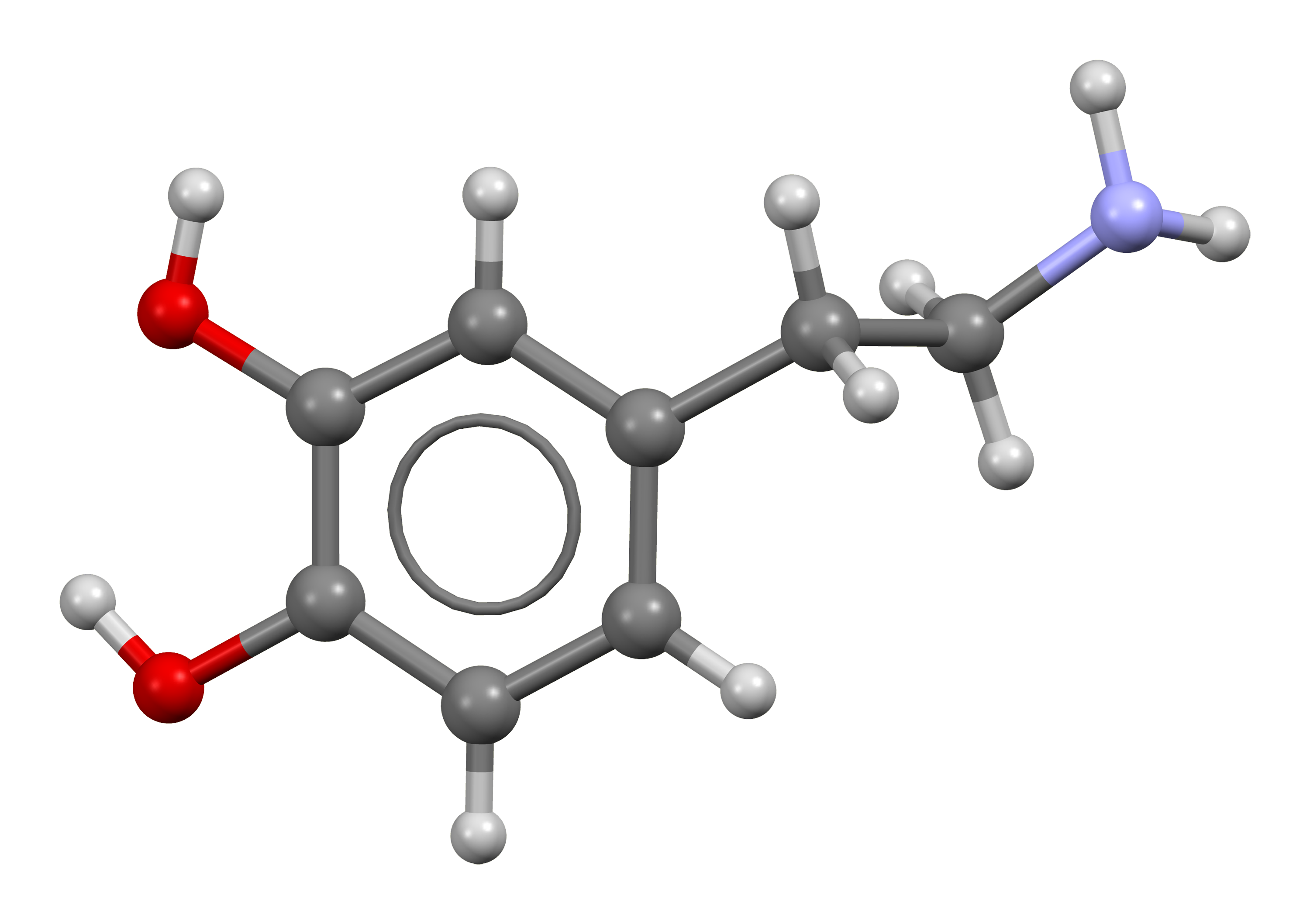Introduction to Dopamine
- Introduction to Neurotransmitters
- The Role of Dopamine
- The Role of Serotonin
- Interplay of Dopamine and Serotonin
- Competing Actions
- Collaborative Actions
- Conflicting Actions on Same Behaviors
- Complexity in Neuronal Combinations
- The Impacts of Therapeutic Drugs on Dopamine and Serotonin
- Dopamine, Serotonin and Mental Health
- Dopamine, Serotonin and Cognitive Functioning
- Settings, Synaptic Plasticity and Sensitization
- Prospects and Challenges in Dopamine & Serotonin Research
Settings, Synaptic Plasticity and Sensitization
Synaptic Plasticity: The Interplay of Dopamine and Serotonin

Organic chemical that functions both as a hormone and a neurotransmitter.
Synaptic plasticity is a fundamental concept in neuroscience, referring to the ability of synapses to strengthen or weaken over time in response to increases or decreases in their activity. This dynamic process is crucial for learning and memory, and is influenced by various factors, including the activity of neurotransmitters such as dopamine and serotonin.
Dopamine and serotonin, two key neurotransmitters in the brain, play significant roles in synaptic plasticity. Dopamine is primarily involved in reward-motivated behavior and motor control, while serotonin affects mood, social behavior, appetite, and sleep. However, their roles extend beyond these functions, and their interaction is critical for synaptic plasticity.
Dopamine is known to modulate synaptic plasticity in various ways. It can enhance the strength of synapses, promoting long-term potentiation (LTP), a process associated with the formation of memories. On the other hand, dopamine can also facilitate long-term depression (LTD), a process that weakens synaptic connections. The balance between LTP and LTD, facilitated by dopamine, is crucial for healthy cognitive function.
Serotonin, on the other hand, has been found to have a modulatory effect on synaptic plasticity. It can enhance both LTP and LTD, depending on the specific serotonin receptor subtype activated. Serotonin can also interact with dopamine to influence synaptic plasticity. For instance, some studies suggest that serotonin can inhibit dopamine-mediated LTP, while others indicate that serotonin may enhance dopamine-mediated LTD.
The interaction between dopamine and serotonin in synaptic plasticity has significant implications for understanding the neurobiology of various mental health disorders. For example, alterations in dopamine and serotonin signaling have been implicated in conditions such as depression, schizophrenia, and Parkinson's disease. Understanding how these neurotransmitters interact to regulate synaptic plasticity could therefore provide valuable insights into the development of these disorders and inform the development of more effective treatments.
In conclusion, the interplay between dopamine and serotonin is crucial for synaptic plasticity, influencing our ability to learn and form memories. Further research into this interaction could provide valuable insights into the neurobiology of various cognitive functions and mental health disorders.